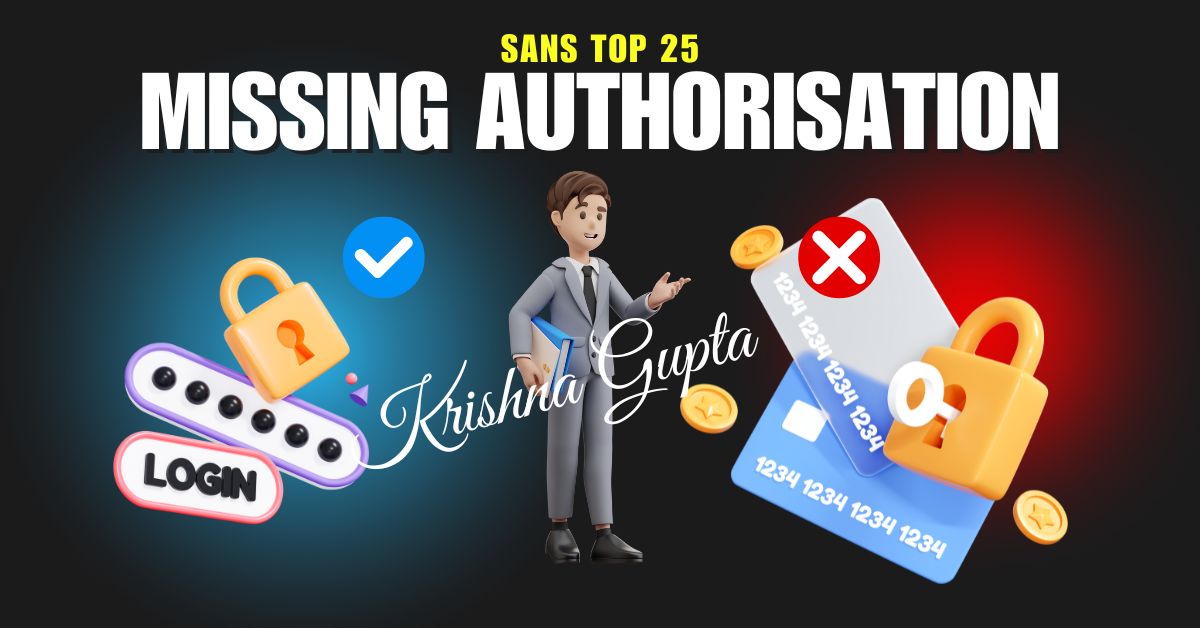From Self-XSS to Site-Wide Account Takeover: How Minor Vulnerabilities Cascade into Major Breaches
Cross-Site Scripting (XSS) remains one of the most potent and persistent vulnerabilities in modern web applications. It is often underestimated, especially when classified under a low-risk “Self-XSS” category. However, as this real-world case study will reveal, even seemingly benign weaknesses can spiral into catastrophic site-wide account takeovers when chained with secondary vulnerabilities like cache poisoning.




